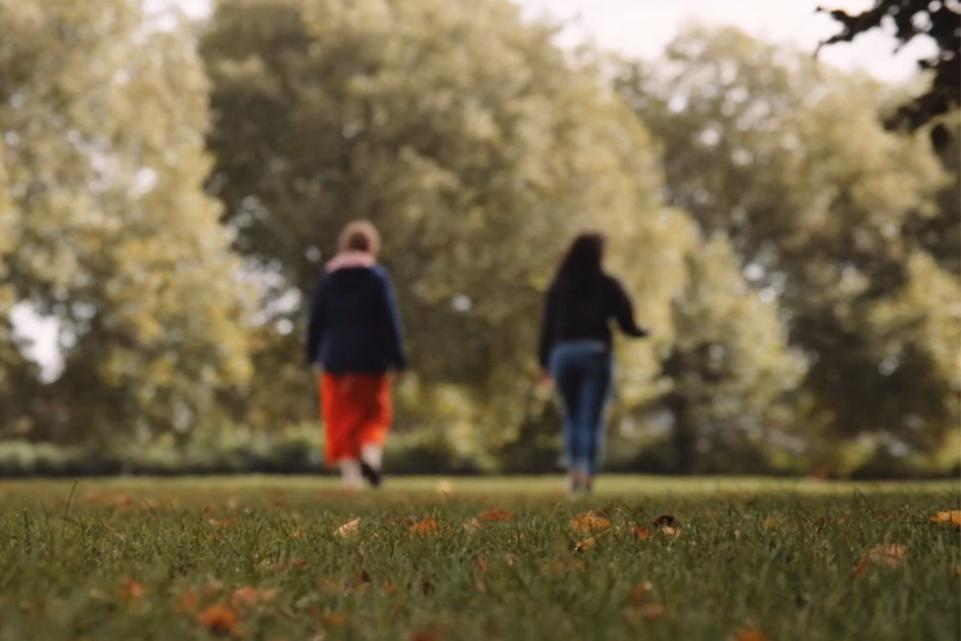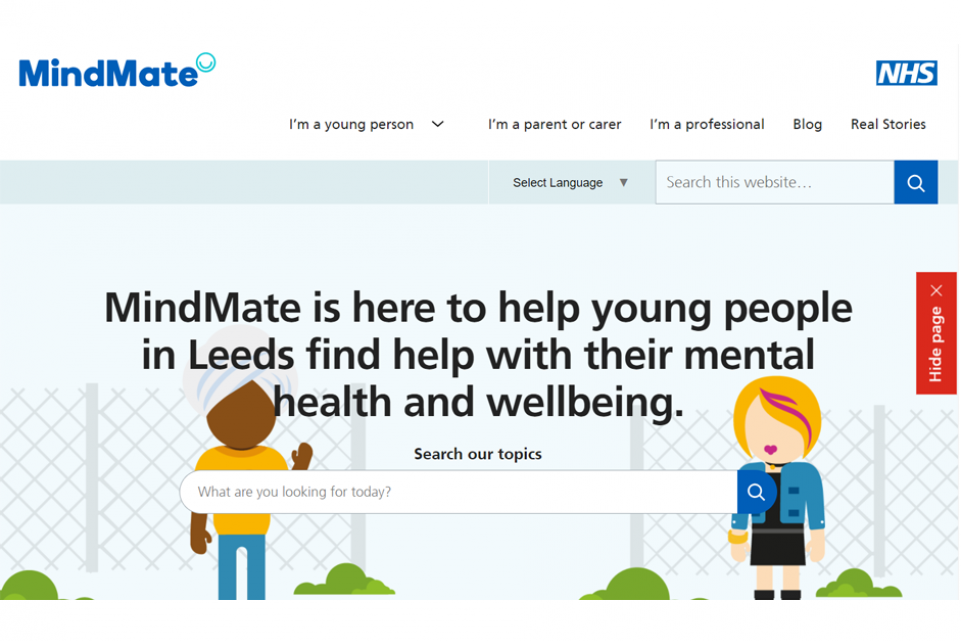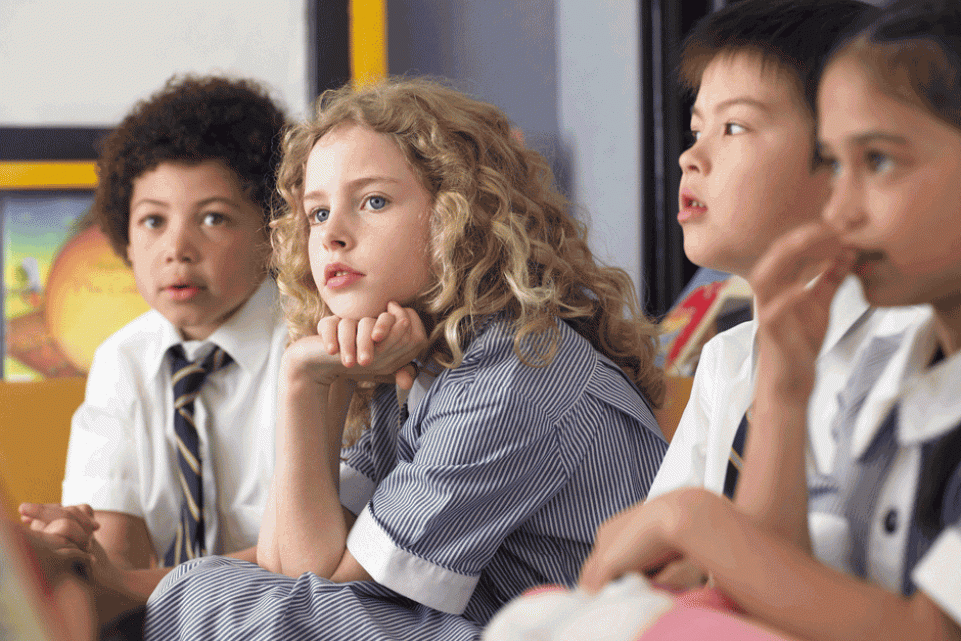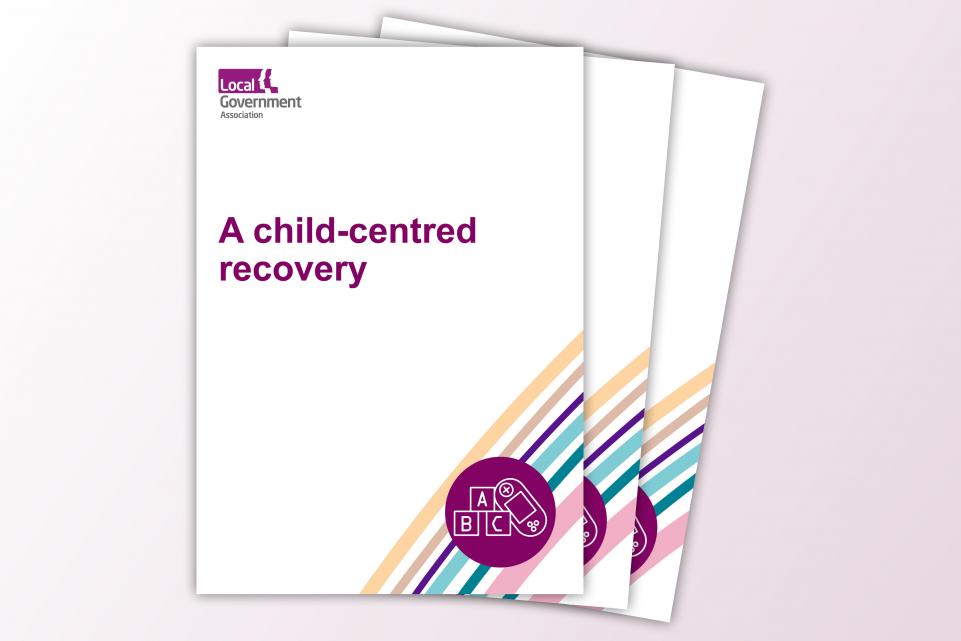Councils have had to find innovative ways to support and promote children and young people’s emotional wellbeing during the pandemic.
of young people aged 16-25 say they feel unable to cope
aged 5-16 years have a mental health problem
Digital divide – vulnerable children losing out
Many of the more vulnerable children and young people in society have been more negatively impacted by Covid-19. For example, over a million children do not have access to a laptop, desktop or tablet at home, according to Ofcom, with many using mobile phones. More than 880,000 of them live in a household with only a mobile internet connection.
This can only lead to an increase in the learning gap, hitting the poorest pupils hardest. While children who do not have access to the technology, can now attend school, attendance by vulnerable children in the first lockdown was low, with families concerned about children and family members catching the virus. Councils, schools, the Government and partners need to work together to make sure that, where children can attend school, that is the best option for them, and to reassure families that it is safe to do so.
children without access to internet at home for schoolwork
Increase in demand for children’s mental health services
In our ‘A child centred recovery’ report, published last year, we set out our concerns about the mental health of children and young people throughout the pandemic, as well as the opportunities for referrals if they were seen less by schools or other professionals.
We called on the Government to provide long-term funding to invest in effective and evidence based mental health and wellbeing services and statutory mental health services for children, to meet existing, new and unmet demand that has built up during the pandemic, including preventative mental wellbeing.
Children and young people need support to help them cope with the strains and pressures they face, and maintaining good mental health and wellbeing are vital both now and for their futures.
Innovation, adapting support online and face-to-face
Many councils are rising to the challenge of promoting good mental health and preventing poor mental health. They and their partners have been quick to embrace digital to connect with people in their communities. However, digital technology is not accessible for everyone, and services have also adapted to safely support children’s welfare face-to-face during the pandemic. Working collaboratively and flexibly with partners has enabled resources to be redeployed, supported new approaches to be delivered rapidly, and has created quicker ways to learn about community experiences.
Local authorities have key roles to play as guardians of mental health and wellbeing in their communities.
Children and young people have borne a disproportionate weight of the social impact of the pandemic, navigating their way through changes to their schooling, family life and losing social contact with their friends. Despite this, there have been some positives experiences, with the lockdown allowing families to spend more time with their children, learning new skills and enjoying the outdoors, in gardens, parks and green spaces.
A holistic approach with children at the heart of recovery
As we look to recovery, councils and their partners need to consider how they can maximise on the learning and innovation that has happened due to COVID-19. Mental health needs to be at the heart of a holistic approach to recovery which includes parks and green spaces for both physical and mental health and wellbeing, housing needs, learning and training opportunities to fulfil potential, employment prospects, and social inclusion.
Some of the ways councils have been supporting children and young people
MindMate - Leeds
Walk and talk - Northamptonshire
Learning to manage worries - Sefton Council
Winter Windows - Lancashire County Council
Think Positive, Be Positive - Lancashire County Council






